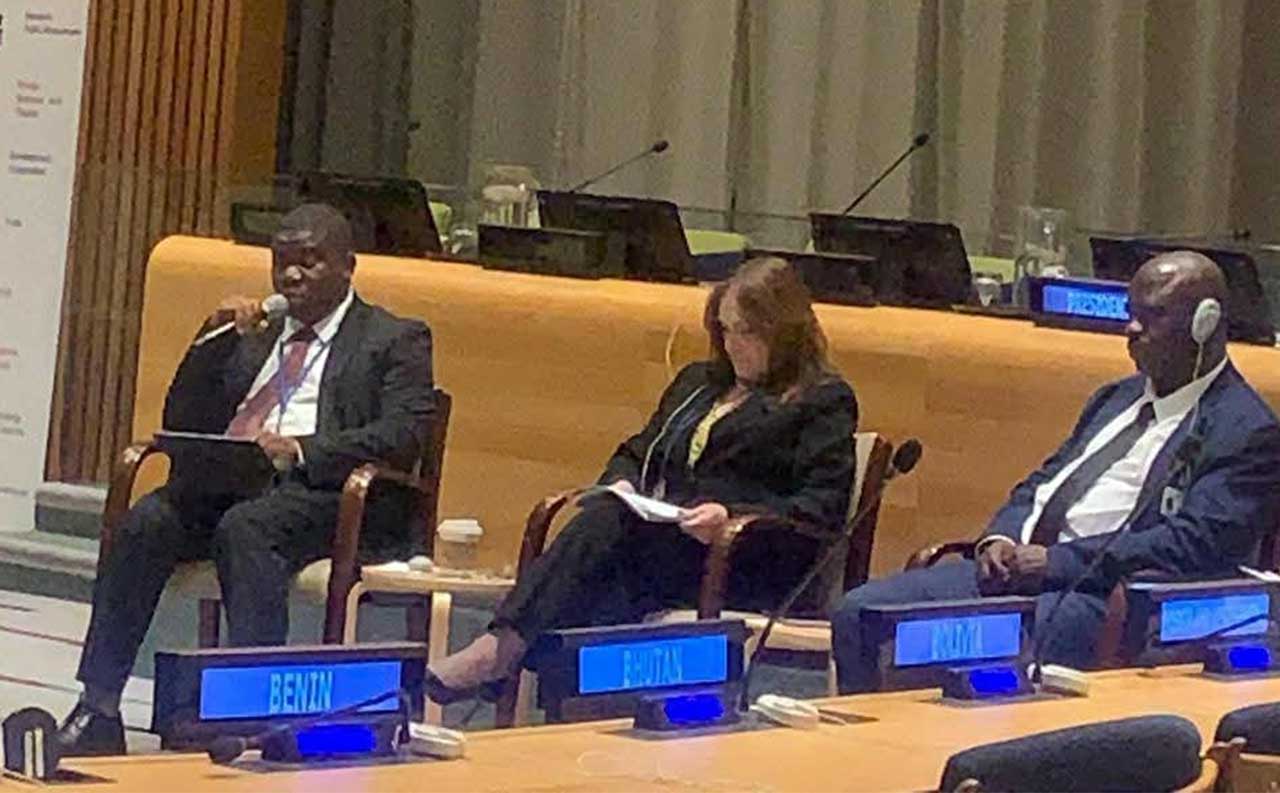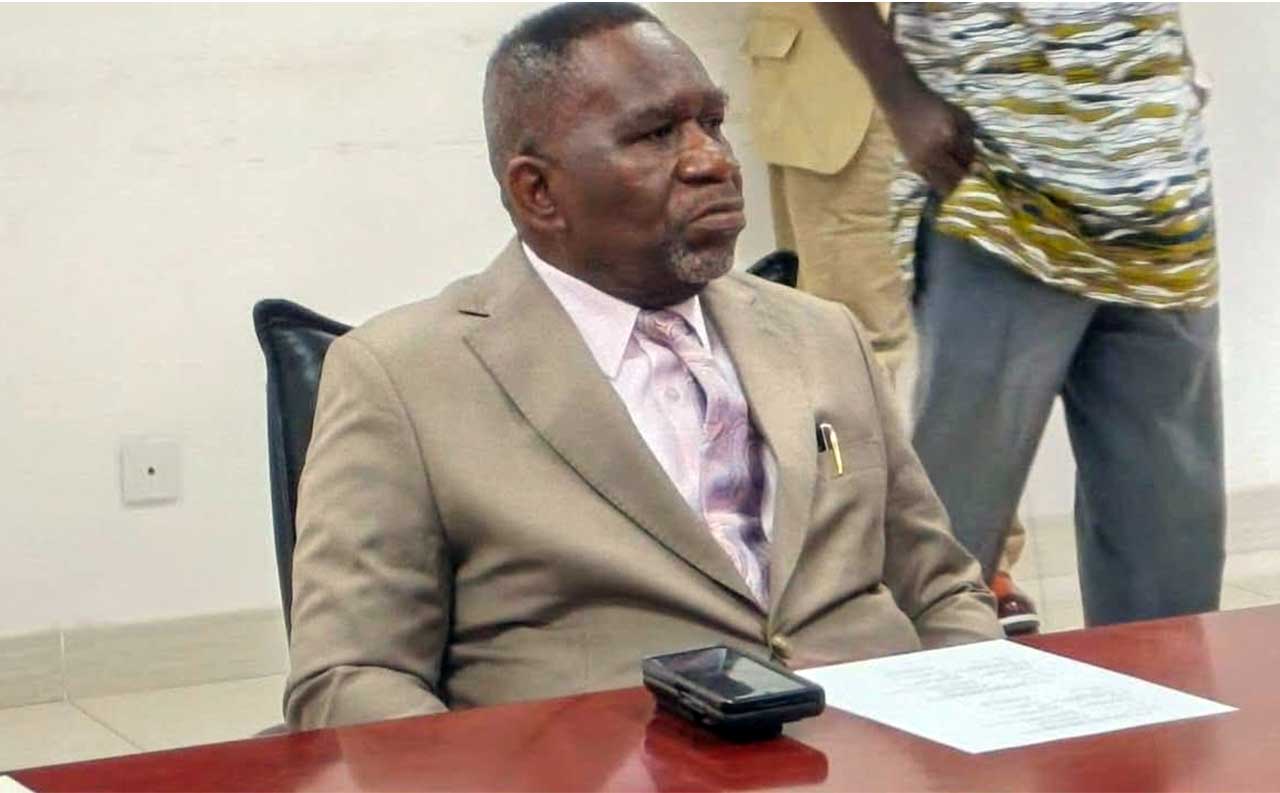Deputy Finance Minister for Economic Management Dehpue Zuo has emphasized data’s vital role in achieving sustainable development, stating, “Investing in data is investing in visibility, equity, and transformation.”
Zuo made the remarks at the Financing for Development Forum under the theme: “Our Joint Ambition for the 4th International Conference on Financing for Development,” which took place on April 28–29 at the United Nations Headquarters in New York.
According to a May 2, 2025 release, Deputy Minister Zuo highlighted Liberia’s efforts in accelerating progress in key development areas through enhanced data collection and analysis, particularly in the fields of gender and the environment.
He cited the initial findings from the USAID aid cuts which showed ODA risk to development financing architecture, the Liberia’s Labour Force Survey, which now disaggregates key indicators such as gender, location, and disability, offering more tailored policies for marginalized communities.
“Targeted thematic surveys, combined with capacity building for disaggregated data, greatly accelerates progress,” the Deputy Minister added. The Deputy Minister also underscored the importance of integrating non-traditional data sources to supplement traditional methods.
“In Liberia, we have integrated mobile phone data during the COVID-19 pandemic for real-time population tracking and are currently piloting remote sensing for agriculture statistics,” he said.
However, he was quick to emphasize the need for a robust validation framework to maintain national quality standards and avoid compromising data integrity. On the subject of governance, Deputy Minister Zuo stressed that strong legal frameworks are essential for maintaining the quality and ethics of data collection and dissemination.
The Liberia Institute of Statistics and Geo-Information Services (LISGIS), he said, has been instrumental in ensuring data anonymity before public release to protect citizens’ rights.
He concluded by making a compelling call for inclusive, innovative, and ethically governed data practices, noting, “If we invest smartly today, Africa’s development will no longer be driven by assumptions — but by evidence.”



